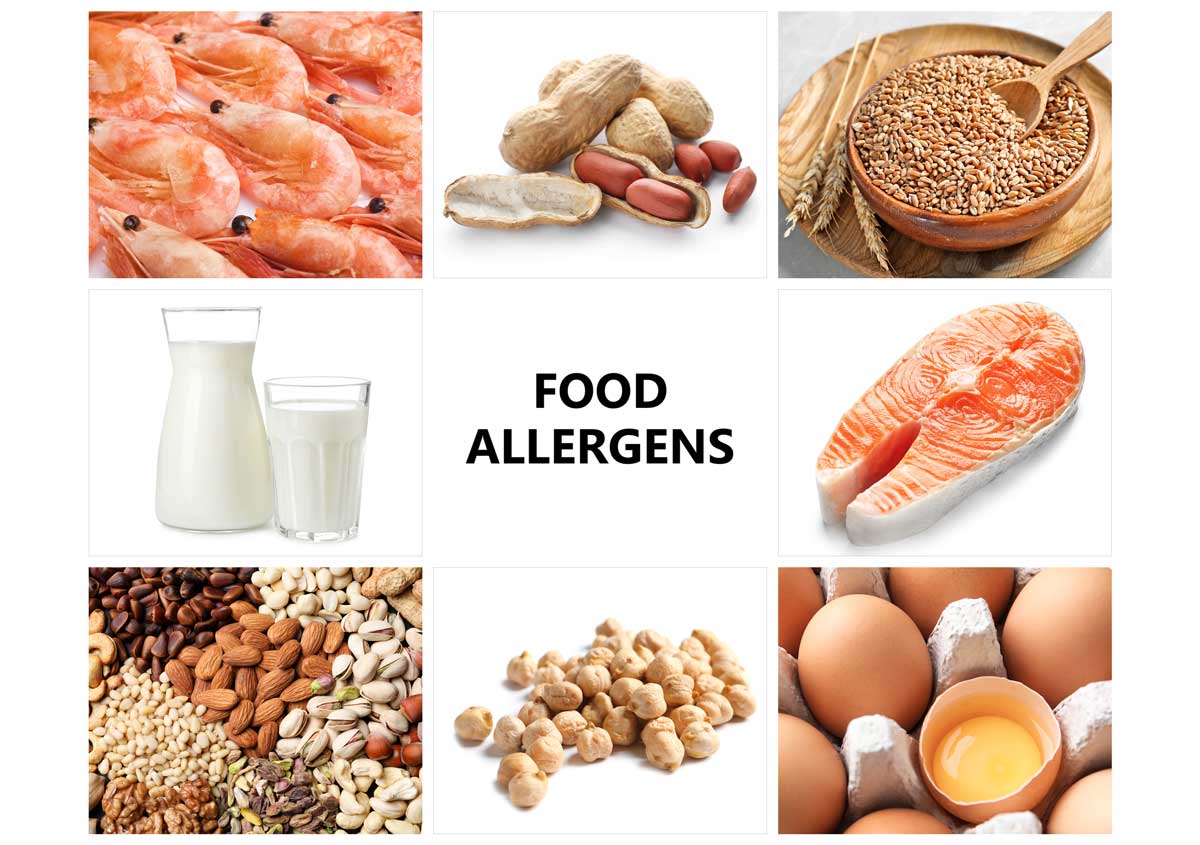Allergy and Asthma Associates in Crystal Lake, IL offers help for food allergies

Crab, lobster, shrimp, milk, peanuts, and eggs are foods that many of us enjoy, sometimes on a daily basis. For people with food allergies, these are just a few of the common foods that can be cause for alarm.
What are food allergies?
When the body has an abnormal response to a food item, or to several different foods, we investigate whether the problem is simply an intolerance that may be outgrown, or if it is a true food allergy. It may not seem as though symptoms such as runny nose or itchy skin could be associated with food you have eaten, but this may be exactly how your body reacts to an ingested allergen. Additional symptoms that food allergies may cause include hives, diarrhea, vomiting, an itchy sensation in the mouth, and respiratory reactions that cause breathing difficulties.
Find the help you need at Advanced Allergy and Asthma Associates
Dr. Askenazi is a board-certified allergy specialist who has a long history of helping families near Crystal Lake and Elgin, IL finds solutions to chronic allergies. The care that they provide is tailored to the individual with the intent of improving quality of life with long-term management techniques.
Once a food allergy has been identified, there are several methods through which the unpleasant reaction can be addressed. Common methods of treating food allergies include:
- Avoidance of trigger foods, as much as possible
- Symptom management with over-the-counter or prescription medications
- Severe symptoms may require epinephrine injection, (EpiPen)
- Oral immunotherapy
The goal of immunotherapy is to gradually reduce the body’s reaction to a trigger food by introducing very small amounts of the irritant in a controlled environment. It is important that immunotherapy be conducted by your experienced allergist to minimize risk of severe symptoms. Immunotherapy may not be right for every person or trigger, but may prove beneficial in the reduction of allergic responses to certain foods.
At this time, the best way to manage food allergies is to obtain an accurate diagnosis. Second, patients may consult with their allergist or with a nutritionist to implement lifestyle habits through which triggers can be avoided without restricting dietary intake.
Food allergies do not have to leave you feeling deprived. Get the help you need to manage your healthiest lifestyle. Call Advanced Allergy and Asthma Associates.
Share this Article
Back to Food Allergies Page








